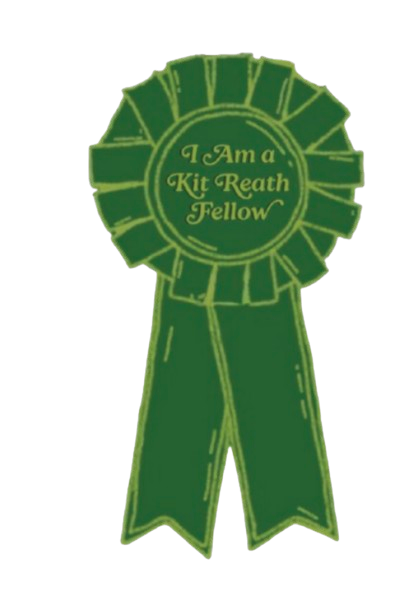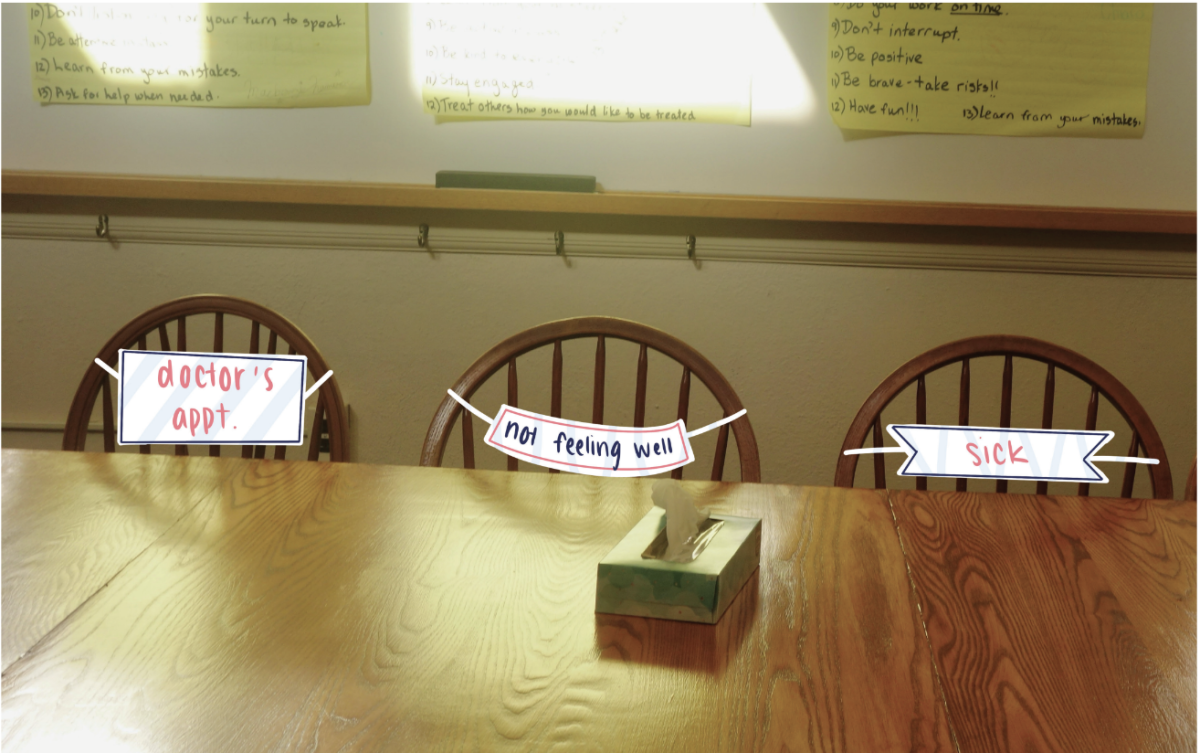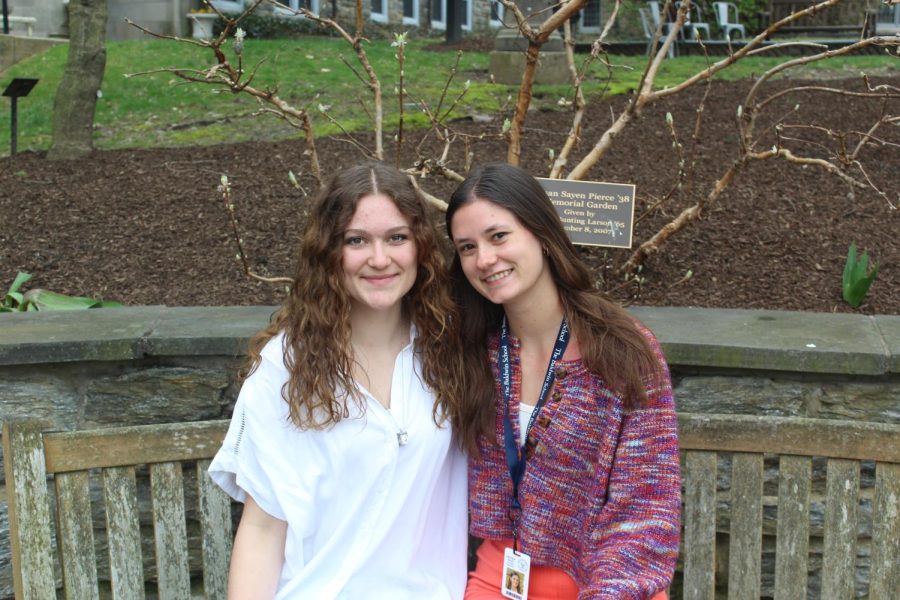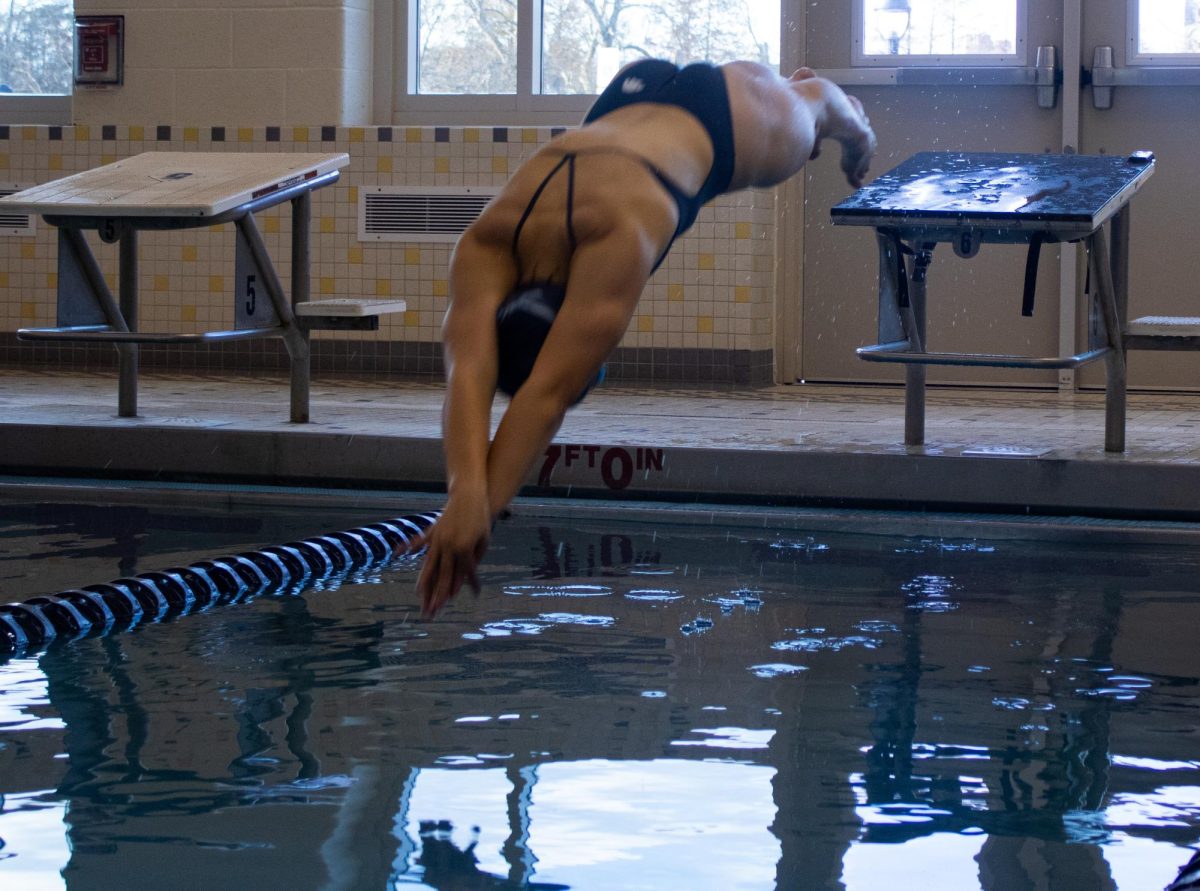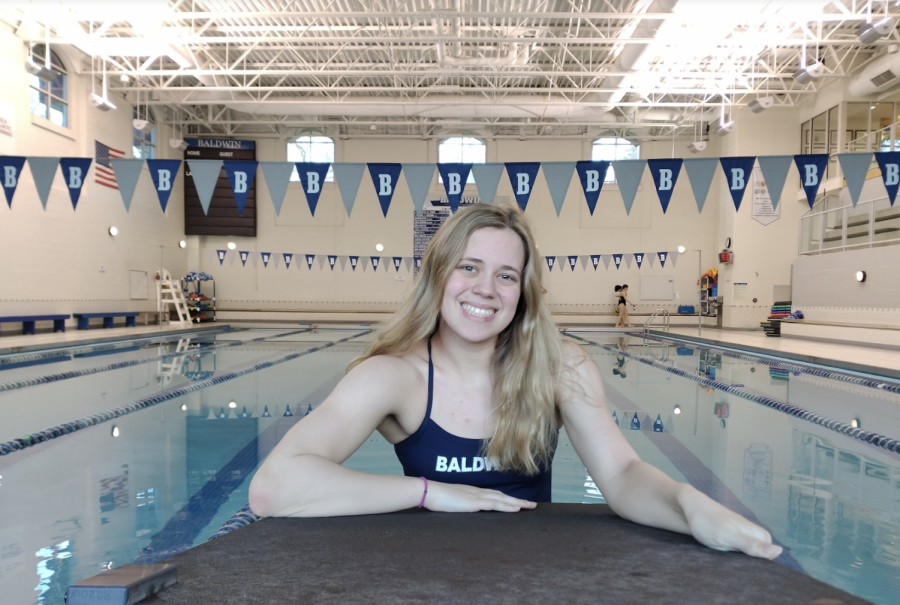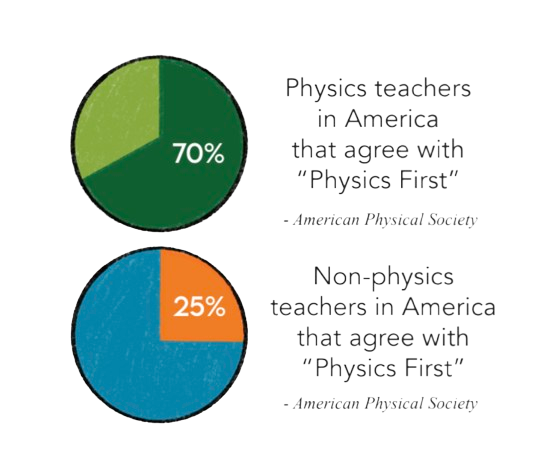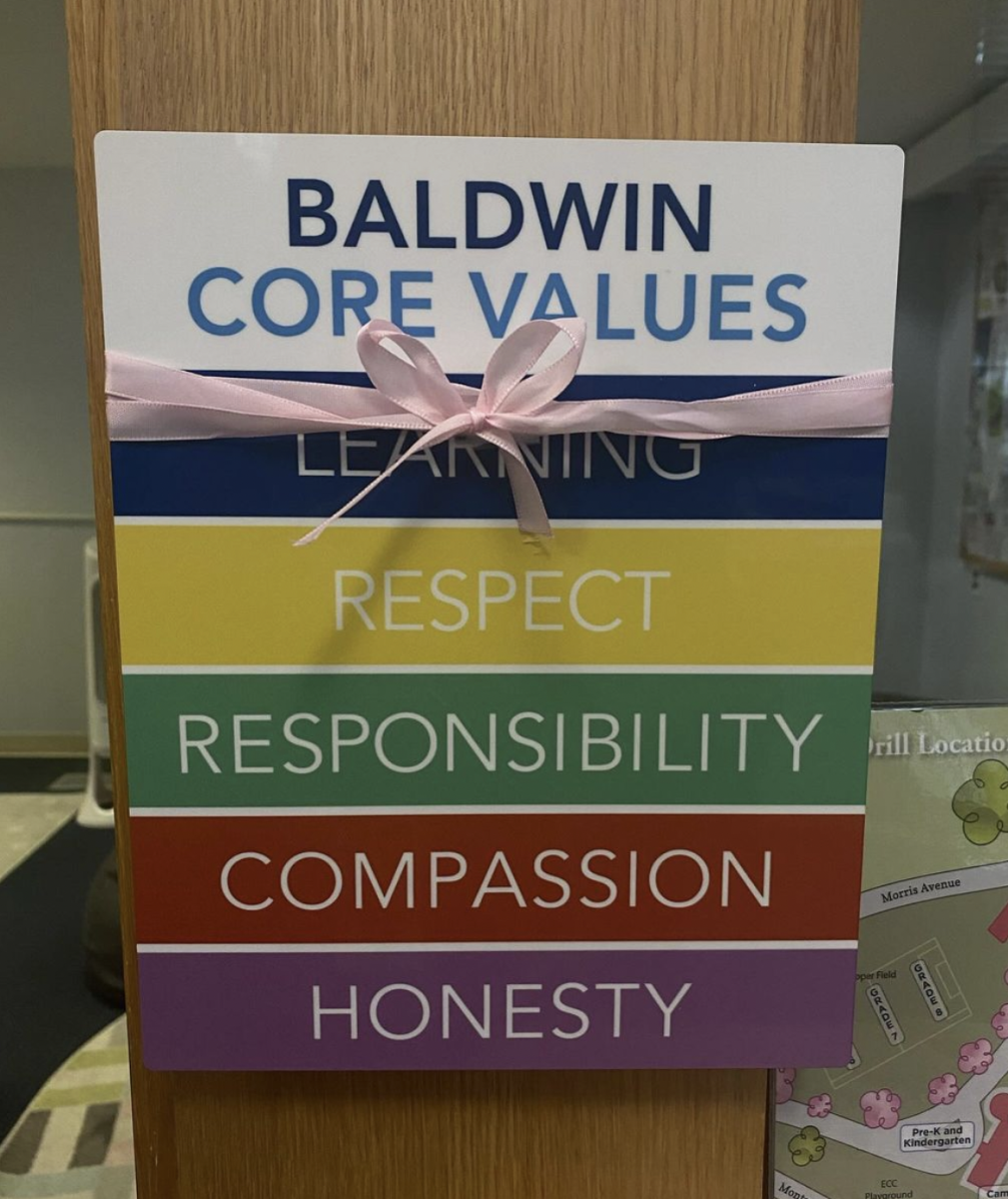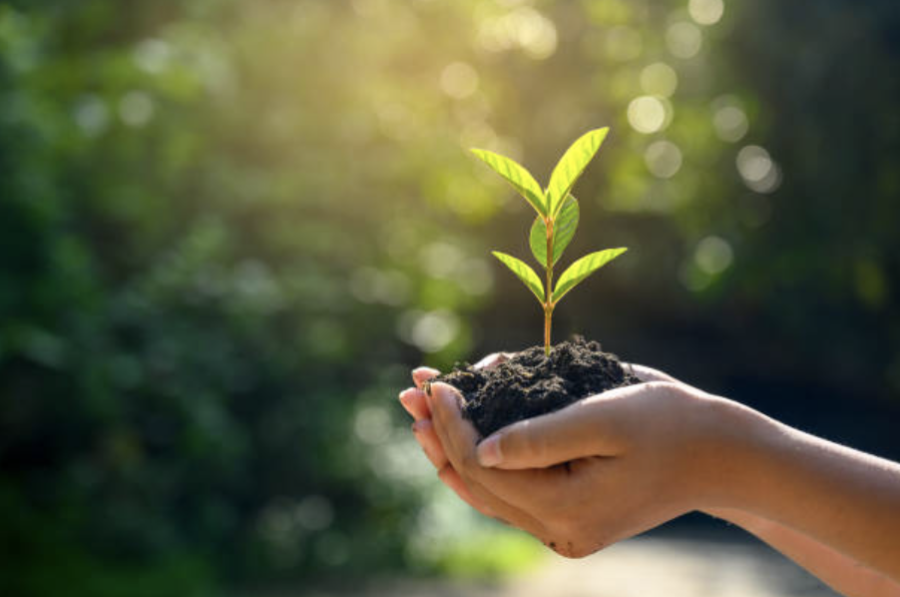What is Baldwin Doing to Improve Environmental Sustainability?
Students and faculty discuss the new environmental committee, the discontinuation of plastic water bottles in the dining hall, and composting at Baldwin.
Recently, a new committee at Baldwin has led two environmental initiatives: discontinuing plastic water bottles in the Dining Hall and bringing composting to Baldwin.
Baldwin’s environmental committee, spearheaded by Ryan Murphy ‘22 and Sarah Ying ‘22, is a new group of student leaders and faculty focused on taking steps to make the school a more environmentally sustainable community. It aims to discuss and address environmental issues with different groups at Baldwin, such as the student Environmental Club, faculty, and the Upper School student body.
Recently, the committee has partnered with the dining hall to discontinue the sale of single-use water bottles.
Ms. Woodward, the faculty head of the environmental committee, said, “With the resumption of serving lunch, we met with the new Head of Dining Services (Ms. Hoffman) and…strongly recommended that the Dining Hall do away with single-use water bottles. Our proposal was accepted.”
Ms. Woodward and the committee felt that discouraging single-use plastic water bottles was a priority in making Baldwin more sustainable, especially considering the increased amount of plastic waste created during COVID with the Dining Hall’s take-away lunches.
According to Ms. Woodward, Ms. Christina Forrest, the School Store & Student Account Manager, is also interested in aiding the committee’s efforts by selling inexpensive reusable water bottles once the store reopens to students.
Looking forward, the committee hopes to bring compost bins to Baldwin.
Murphy said, “It can be difficult to combat environmental issues on a school level because you are left with the question of, ‘where do I start?’ With that overwhelming thought, focusing on one main goal for the year, compost bins, will allow us to actually accomplish our goals.”
According to the United States Environmental Protection Agency, there are many benefits to composting. Composting food waste and other organic materials can significantly decrease the amount of methane—a greenhouse gas—released in landfills. Additionally, composting can sequester carbon and help maintain water levels in soil.
Murphy said, “Baldwin, like any other institution, produces a lot of waste when it comes to food and cafeteria waste. Compost bins would be able to reduce that waste by a significant amount, potentially 25%.”
The committee is still working on getting composting approved by administration. Ms. Woodward said, “We have researched and received quotes from several companies in the local area [regarding composting] and have made an official recommendation to the Head of School.”
Additionally, Ying said, “The environmental committee has drafted a letter to Dr. Porges urging the importance of composting at Baldwin. With the new environmental committee, we’re hoping that the many student and faculty voices together can lead to change.”
The letter will be signed by student leaders within the environmental committee, including Ryan Murphy ‘22, Anna Wetzel ‘22, Makenna Walko ‘23, and Aida Haile ‘23. The committee hopes that advocating for this initiative directly as student leaders will emphasize the importance of this goal and help it move forward in the future.
In terms of a future of environmental sustainability at Baldwin, Murphy hopes that the efforts of the environmental committee will continue to benefit Baldwin for generations to come. Composting at Baldwin is a first step in working towards becoming a greener campus, and will hopefully open the doors to more environmental initiatives in the future.

